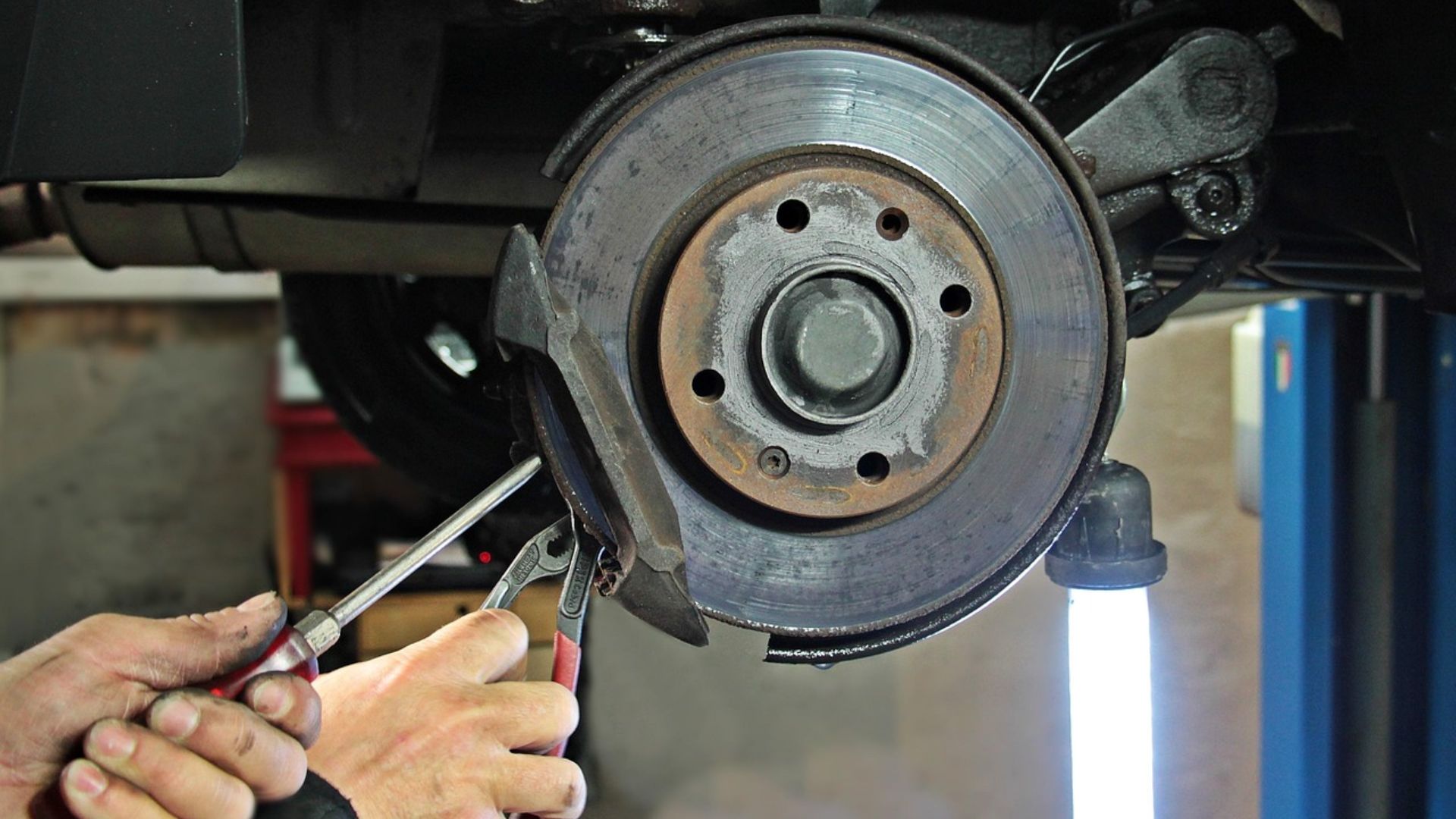A car's braking system is its most important component. It is the ultimate safety measure a car is equipped with to prevent accidents and major crashes. Recognizing the early warning signs that something is wrong with your brakes can save your life and that of your passengers.
Most brakes don't suddenly fail. Most of the time, they give clear warning signs that they're approaching their end. Recognizing these signs and acting immediately can address any issue before it becomes more serious. It's on every driver to listen to when their braking system is telling them something.
Here are three signs that your car's brakes are close to the end.
Your Brakes Are Making Strange Noises
The typical first sign that something is wrong with your brakes is the presence of an unusual noise. Most brake pads have a built-in wear indicator. This is a small metal tab that produces a high-pitched squeal once the pad gets too thin. If you're hearing a squealing noise when you apply the brakes, this might mean that your brake pads need to be replaced.
A grinding sound is more serious. This often means that the pads have worn down, and metal is scraping against the brake rotor. This is incredibly unsafe and can result in you having to pay for more costly repairs down the road. If you hear a clicking or rattling, then it might mean that the brake pad components are loose or out of place.
Regardless of the type of noise, if you hear something, then head to your mechanic for inspection.
Longer Stopping Distances
Another warning sign that your brakes are about to go is a decline in performance. If your car no longer stops as quickly as it did or requires more pressure on the pedal, then there is an issue that must be dealt with.
These braking issues might be happening due to worn brake pads, thinning rotors, or low brake fluid. You might also experience something called "brake fade," where the brakes are less responsive during extended use. This occurs when the system overheats, forcing the brakes to lose friction.
Anytime your brakes feel sluggish, you should consider it a dangerous situation. If you experience a noticeable dip in the performance of your brakes, then let a mechanic inspect them to prevent further damage and issues.
Vibrations or a Soft Brake Pedal
Your car's ability to brake should be a consistently smooth process. If you ever feel vibrations or pulsations in the pedal or steering wheel when trying to brake, it might mean that something is wrong with the rotors. This can occur because of heat buildup or brake components that have worn out over time.
Another thing to look for is if your car is pulling to one side when braking. This could mean that brake pads on one side are wearing faster than those on the other side. Other reasons include a caliper that's sticking or a failing brake hose.
Your brakes are essential to your car's performance and your safety. Recognize the signs that your brakes need inspection or repair before you're in a dangerous driving situation. Listen for strange noises and pay attention to decreased braking performance, vibrations, pedal issues, or pulling as these can all point to issues with your brakes.









